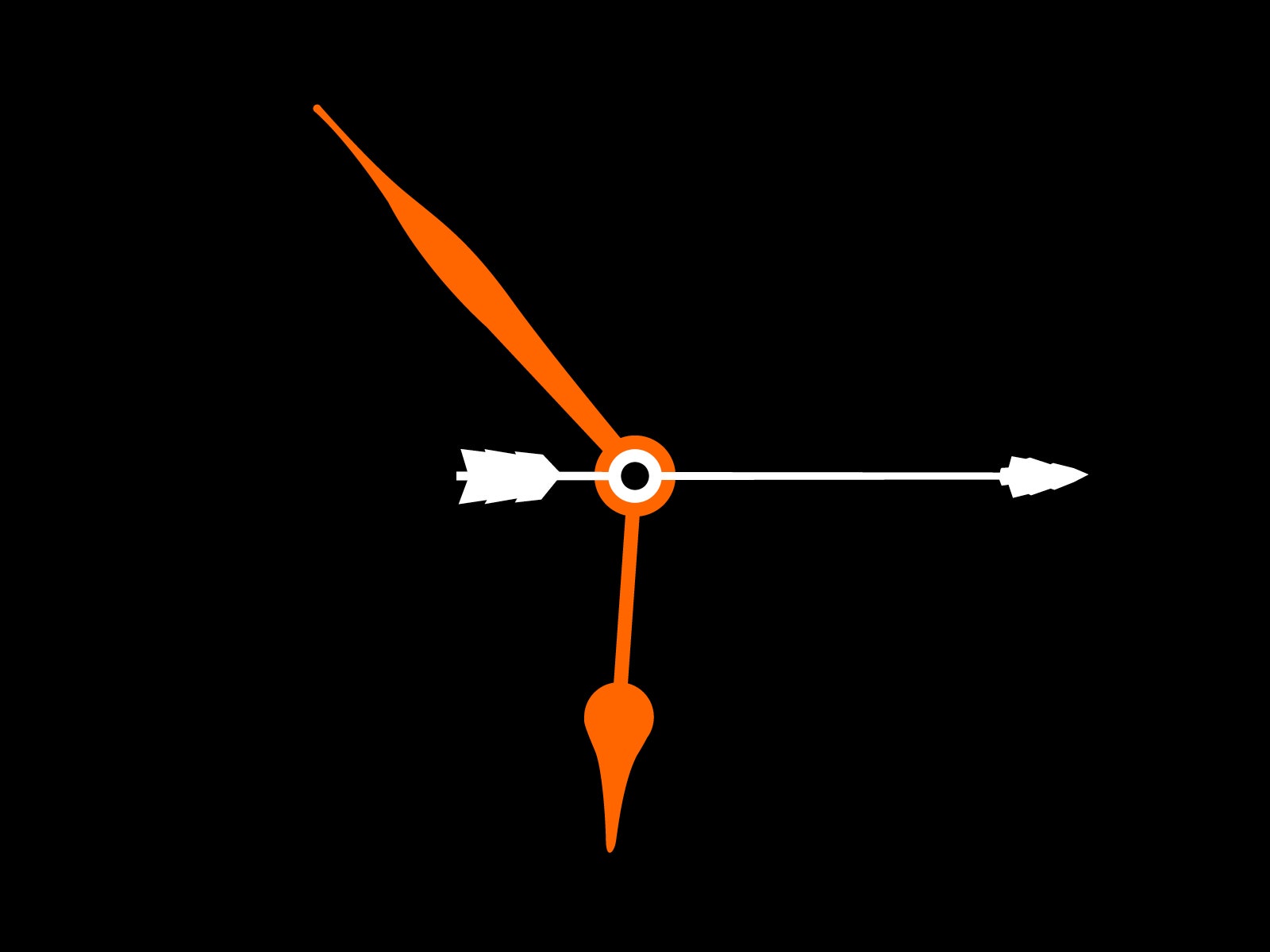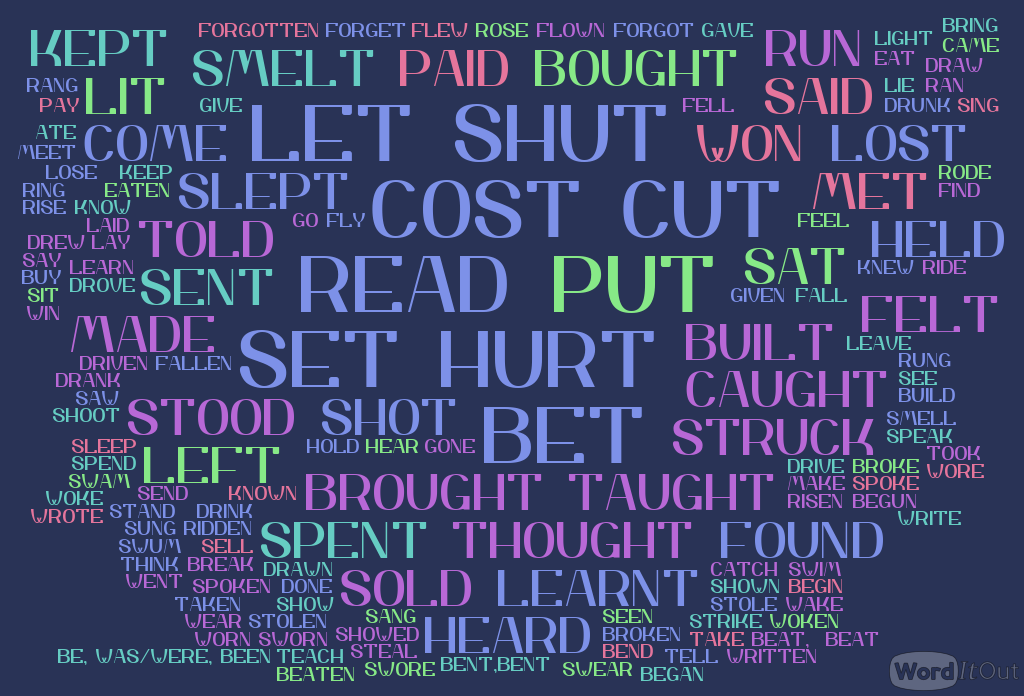Master list
Activity 7: Vocabulary
This list contains of the important technical terms related to time and tense. The terms are grouped by the unit in which they were introduced.
Work alone, in pairs or groups. Describe, explain and provide examples for each of these terms.
- absolute time (e.g. 1 April 2022)
- relative time (e.g. tomorrow)
- sidereal time
- system time
- instant (e.g. date, point in time)
- interval (e.g. duration, period in time)
- time dilation
- spacetime
- the arrow of time
- directionality
- close (in time, reality or register)
- remote (in time, reality or register)
- finite verb
- non-finite verb
- tense
- aspect
- modality
- simple
- non-perfect
- progressive aspect
- perfect aspect
- indexical time
- deictic time
- period (i.e. interval)
- point (i.e. instant)
- Present simple
- Past simple
- Future simple
- Present perfect simple
- Past perfect simple
- Future perfect simple
- Present progressive
- Past progressive
- Future progressive
- Present perfect progressive
- Past perfect progressive
- Future perfect progressive
- context
- cotext
- lexical meaning
- grammatical meaning
- functional meaning
- lexical verb
- modal verb
- stative verb
- dynamic verb
- punctual verb
- durative verb
- bijectives
- surjectives
- injectives
- domain
- arguments
- codomain
- image
- timeline
- single events
- repeated events
- continous events
- rule-based parsing
- probabilistic parsing
- regular expressions
- natural language processing (NLP)
- NLP pipeline
- part-of-speech (POS) tagging
- POS tagset
- dependency parsing
- parse tree
- NLP Compromise
- Natural Language Tool Kit (NLTK)
 Awareness and defense
Awareness and defense
 Blitz speaking
Blitz speaking
 Interview practice
Interview practice
 Professional development
Professional development





